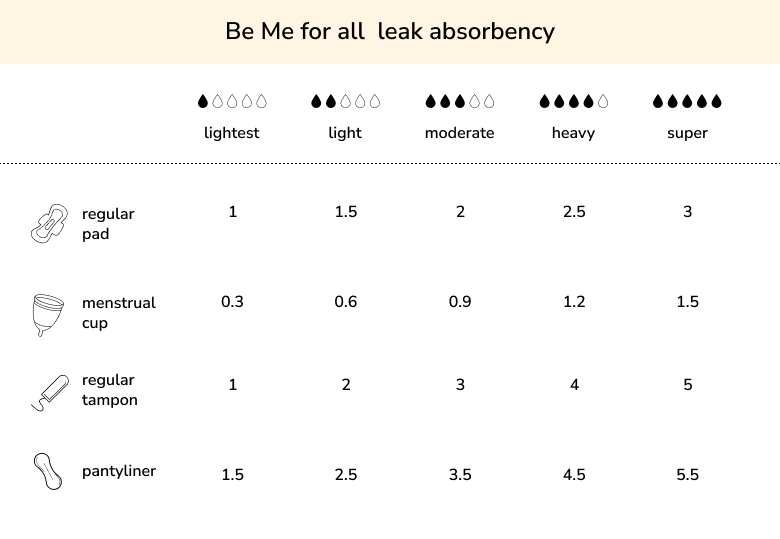
Here’s what happens when you drink alcohol on periods.
When it comes to periods, it seems like there's a never-ending list of things to worry about. From cramps to potential leaks, some people may turn to alcohol to help them deal with the discomfort and the drama that comes with their monthly flow.
But what happens when you drink alcohol during your period? Let's find out.
First things first, it's important to understand how alcohol affects your body.

Dehydration
To break it down, alcohol is a depressant, which means it slows down your central nervous system. When you drink alcohol, your body produces more urine, which can lead to dehydration. This can be especially problematic during your period, as your body is already losing fluids and electrolytes.

Make Cramps Worse
One of the most common effects of alcohol on periods is that it can make cramps worse. Alcohol can increase the intensity and duration of menstrual cramps, which can be incredibly painful.

Disrupt Your Sleep
Additionally, alcohol can also disrupt your sleep, which can worsen cramps and other period-related problems.

Mess UP Your Hormonal Balance
Another potential issue with drinking alcohol during your period is that it can mess up your hormonal balance. Alcohol can interfere with the production and regulation of hormones like estrogen and progesterone, which can lead to irregular periods, heavy bleeding, and other menstrual problems.

Emotional Consequences
In addition to these physical effects, drinking alcohol during your period can also have emotional consequences. Alcohol can lower inhibitions and increase feelings of sadness, anxiety, and depression. This can be especially challenging during a time when many people already feel emotionally vulnerable.
So, what can you do if you're struggling with period-related discomfort and feel tempted to turn to alcohol for relief? There are plenty of effective methods for managing menstrual symptoms, including:
- Staying hydrated: Drinking plenty of water and electrolyte-rich fluids can help alleviate cramps and other discomforts.
- Exercise: Light exercises like yoga or walking can help increase blood flow and reduce cramps.
- Heat therapy: Applying heat to your lower abdomen can help soothe cramps and reduce pain.
- Over-the-counter medication: Taking pain relievers like ibuprofen or acetaminophen can help alleviate menstrual cramps.
While it might be tempting to reach for a glass of wine or a can of beer to help manage your period symptoms, drinking alcohol can make things worse. Instead, try some of the alternatives we've suggested to help alleviate discomfort and support your body during this time.










